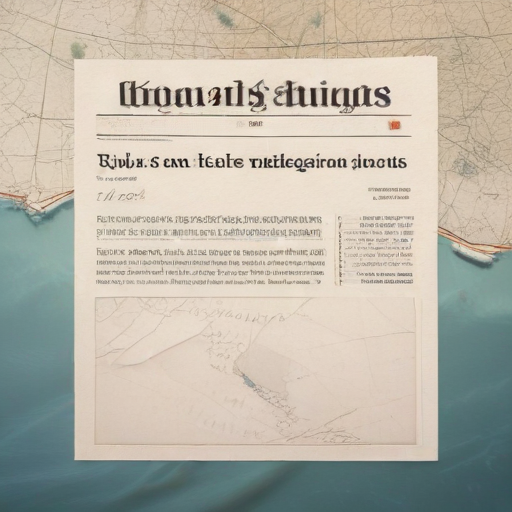In a recent press conference, President-elect Donald Trump floated the idea of renaming the Gulf of Mexico to “Gulf of America,” a name that would reflect U.S. efforts and ownership of the region. This remark came amid discussions on economic policies and immigration, with Trump noting, “We do most of the work there and it’s ours.”
He characterized the proposed name change as having “a beautiful ring” and deemed it appropriate. While this notion is not new, as similar suggestions were made in the past, including a humorous proposal by a Democratic congressman in 2012, it highlights the longstanding discussions around regional identity and ownership.
The Gulf of Mexico has historical significance, dating back to Spanish colonization over 500 years ago when it was known as Golfo de Nueva Espana. The area evolved through various territorial changes, including the Louisiana Purchase and the settlement patterns that arose from it. Currently, the U.S. controls about 44 percent of the Gulf’s waters, reinforcing its critical economic role.
While the feasibility and seriousness of Trump’s proposal remain uncertain, it brings to light the broader conversations about national identity and resource management. It is a moment that encourages discussion on how nations recognize and value their shared resources.
In summary, Trump’s suggestion serves as a reminder of the connections between history, identity, and geopolitics, inviting further dialogue about how we define and recognize our shared natural heritage. As we move forward, it’s worthwhile to embrace such discussions, considering their potential to foster a sense of unity and stewardship over our vital resources.
